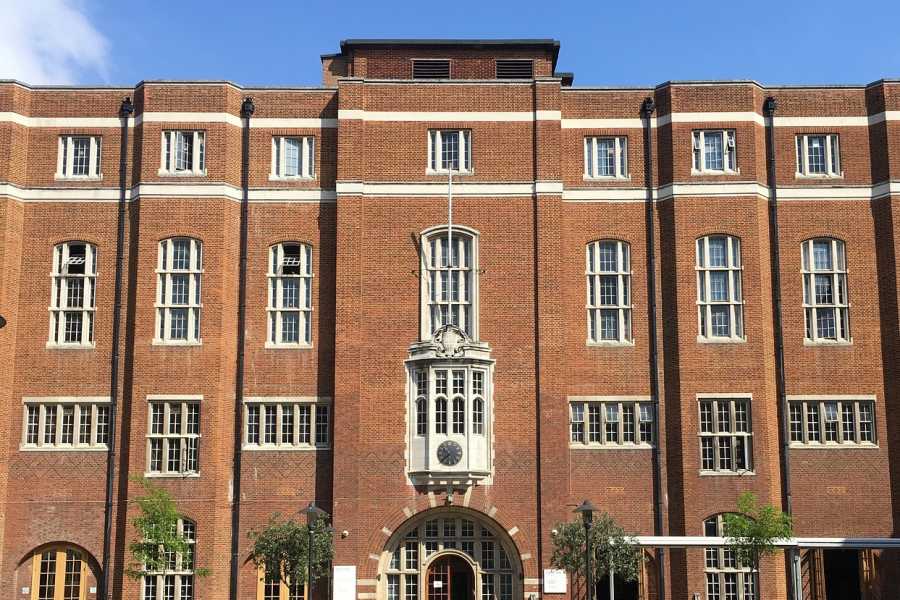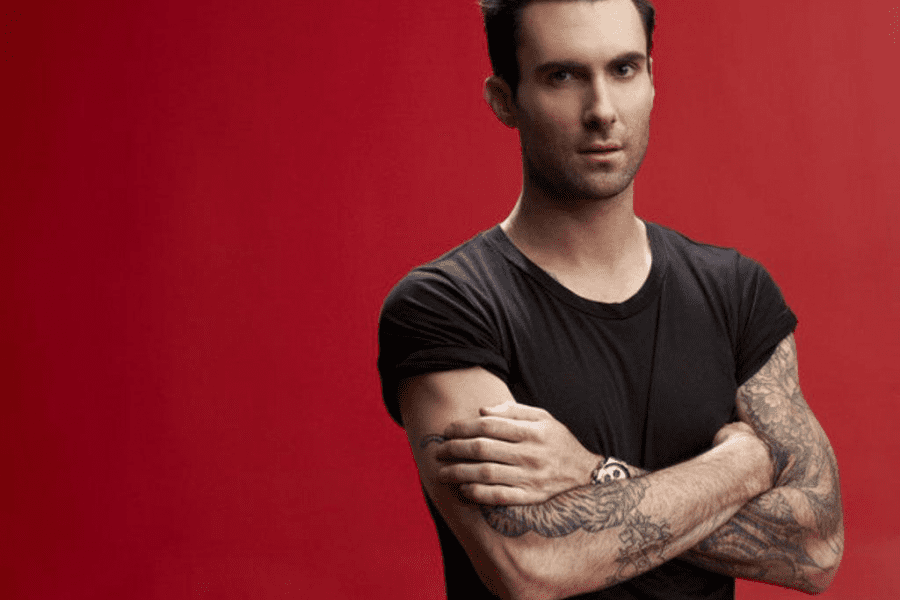Key Takeaways:
- Understanding RSD in ADHD: Rejection Sensitive Dysphoria (RSD) intensifies sensitivity to criticism and social rejection in children with ADHD.
- Recognising RSD Symptoms: RSD isn’t a formal diagnosis but a crucial aspect of emotional dysregulation in ADHD children. Common symptoms include feelings of rejection, irritability, self-isolation, and difficulty focusing.
- Triggers for RSD: RSD can be triggered by criticism, perceived failure, conflict, social exclusion, comparison, and subtle non-verbal cues.
- Coping Strategies for Parents: Validate feelings without judgment, teach coping techniques like deep breathing, and boost self-esteem.
- Support from Teachers: Educators play a crucial role in addressing RSD challenges by shaping a stress-reducing educational experience.
- Impact on Life Choices: RSD subtly influences children’s life choices, leading to overcompensation to avoid anxiety-inducing situations.
- Rejection Sensitive Dysphoria & NHS: The NHS provides support for individuals with ADHD and related emotional sensitivities, offering assessments, therapy, and medication options.
Understanding the Impact of the Fear or Rejection on Children with ADHD
Have you ever noticed your child with ADHD reacting intensely to a simple ‘no’? Fear of rejection in children with ADHD is very common. Rejection Sensitive Dysphoria (RSD)significantly impacts children with ADHD, heightening their sensitivity to criticism, teasing, and social rejection. This blog explores the intertwining of ADHD and RSD, offering insights into this complex condition.
What does rejection sensitivity dysphoria feel like?
Rejection-sensitive dysphoria feels like an intense, overwhelming reaction to perceived criticism or rejection, often leading to extreme emotional discomfort and anxiety, even in everyday social situations.
ADHD is not just a struggle with focus; it’s a battle against the deep-rooted fear of rejection, where every ‘no’ feels like a personal defeat
Specialists suggest that Rejection Sensitive Dysphoria (RSD) stems from the emotional dysregulation associated with ADHD, which involves challenges in managing feelings and moderating emotional reactions.
William Dodson, MD, an early adopter in the field of ADHD, initially coined the term “rejection sensitive dysphoria.” He utilised this term to encapsulate the profound emotional distress experienced when faced with mockery, criticism, or rejection. According to Dr. Dodson, RSD is a unique emotional state that seems to be exclusively linked to ADHD.
Why Rejection Hurts: The ADHD Connection
Humans innately fear rejection due to our evolutionary need to belong in groups. Brain studies show that rejection triggers areas associated with physical pain. For children with ADHD, whose brains’ executive functions are crucial for managing emotions, this fear is amplified. This makes them feel rejection more deeply and for longer durations.

To access an assessment for
Rejection-Sensitive Dysphoria (RSD)
Suitable for parents of teenagers
Connect with us confidentially through our secure form
And expect a response within 24 hours.
How to Recognise the fear of rejection sensitivity dysphoria in ADHD children
RSD, a behavioural pattern in children with ADHD, isn’t a formal medical diagnosis but a crucial aspect of their emotional landscape. Children with RSD experience ’emotional dis-regulation,’ where emotions are so intense that they become overwhelming. Here are common symptoms of RSD your ADHD child may experience:
- Feeling rejected
- Feeling criticism when there is no criticism given
- Frequent irritability
- Crying uncontrollably
- Difficulty focusing
- Self-isolating
- Frequent outbursts
- Feeling ashamed
What triggers rejection sensitive dysphoria?
Rejection sensitive dysphoria (RSD) can be triggered by a variety of situations that are perceived as rejection or criticism. These triggers may include:
- Direct Criticism or Rejection: Negative feedback, criticism, or outright rejection from others, whether in personal, academic, or professional contexts.
- Perceived Failure: Not meeting one’s own or others’ expectations can feel like rejection to someone with RSD.
- Conflict: Arguments or disagreements, even if minor, can be perceived as a form of rejection.
- Social Exclusion or Neglect: Being left out or ignored in social settings can trigger feelings of rejection.
- Comparison with Others: Seeing others succeed or being compared unfavorably to others can trigger feelings of inadequacy and rejection.
- Subtle Non-Verbal Cues: Things like a disapproving look, sigh, or tone of voice might be enough to set off RSD in sensitive individuals.
It’s important to note that what triggers RSD can vary greatly from person to person, and what seems like a minor incident to one person might be a significant trigger for someone with RSD.
How is the Rejection Sensitivity Dysphoria manifested in Children
The manifestation of RSD in children with ADHD varies. Some react with anger, directing it towards others or themselves. Others respond with anxiety, withdrawing, and ruminating over the rejection, potentially leading to depression.
People with rejection-sensitive dysphoria, or RSD, often try to hide how they feel when they’re with other people. They’re always on high alert, scared of being criticised or rejected, even when there’s no real reason to feel that way. This means they might feel rejected in normal situations where most people wouldn’t. Living with RSD can be really tough, as it affects how someone sees and deals with the world around them.

Encouraging self-awareness in older, emotionally mature children can be transformative. Understanding the dynamics of RSD allows these children to process feedback more constructively and develop coping strategies.
How to Cope with Rejection Sensitivity
While there’s no cure for RSD, specialists can manage symptoms like hyperactivity, anxiety, and depression. Services like The Ed Psych Practice offer assessments and strategies, providing valuable support for children with RSD and their families.
How to help a child with rejection sensitive dysphoria?
To help a child with RSD (Rejection Sensitive Dysphoria), you can:
- Validate Their Feelings: Acknowledge their emotions without judgment.
- Teach Coping Strategies: Help them develop techniques to manage intense emotions, like deep breathing or mindfulness.
- Boost Self-Esteem: Focus on their strengths and achievements to build confidence.
- Encourage Open Communication: Create a safe space for them to express their feelings.
- Seek Professional Help: Consider therapy, which can provide them with additional coping mechanisms and emotional support.
- Educate Yourself: Understanding RSD better can help you support them more effectively.
- Provide Consistent Support: Be a steady source of love and reassurance.To help a child with rejection, offer emotional support and understanding, teach coping skills and resilience, encourage open communication about their feelings, reinforce their self-worth and strengths, and provide consistent, positive feedback and encouragement.

How Teachers Can Support with Rejection Sensitivity
Addressing the challenges of RSD in children with ADHD requires a sensitive and informed approach from both educators and parents. By shaping an educational experience that reduces stress and promotes self-assurance, we can help these children to navigate their emotional responses with greater confidence.
Comprehensive resources such as the SEND handbook are beneficial for those working with children who exhibit challenging behaviours. These resources provide insights into the link between behaviour and underlying conditions such as trauma, autism, and ADHD, which is crucial for early intervention and fostering positive outcomes for these children.
How Rejection Sensitivity Impact on Life Choices
RSD subtly alters children’s life choices. To avoid anxiety-inducing situations, they might overcompensate by trying too hard to please others, impacting significant life decisions based on fear and anxiety.
Differentiating Rejection Sensitivity Disphoria from Other Conditions
It’s crucial to differentiate RSD signs from similar traits seen in other mental health conditions like bipolar disorder or social anxiety disorder. Observing specific behaviours can help in this differentiation.
Rejection Sensitive Dysphoria and NHS
While RSD is not officially recognised as a distinct diagnosis by the NHS, it is often associated with Attention Deficit Hyperactivity Disorder (ADHD). The NHS acknowledges that those with ADHD can exhibit heightened emotional sensitivity, which can manifest as RSD.
Individuals experiencing symptoms of RSD are advised to seek support through NHS services, where mental health professionals can provide appropriate assessments and interventions. This may include cognitive-behavioral therapy (CBT), counseling, or medication to help manage the emotional responses. The NHS emphasises the importance of early intervention and support to improve the overall well-being and quality of life for those affected by RSD. Access to resources and professional help through the NHS can make a significant difference in managing this challenging condition.
Parents also ask:
RSD in kids often appears as intense emotional reactions to perceived criticism or failure, sudden mood changes, low self-esteem, social withdrawal, and extreme sensitivity to rejection or negative feedback.
While there’s no cure for RSD, specialists can manage symptoms like hyperactivity, anxiety, and depression. Services like The Ed Psych Practice offer assessments and strategies, providing valuable support for children with RSD and their families.
Yes, people with ADHD often exhibit heightened emotional sensitivity.
For someone with ADHD, rejection can feel intensely painful and overwhelming, often leading to strong emotional responses.
Getting really upset or hurt over being rejected or even just thinking they might be.
Being very scared of failing or being turned down.
Always trying to be perfect and being really hard on themselves.
Feeling really guilty or ashamed if they think they’ve done something wrong or not good enough.
Getting angry or upset easily when someone criticizes them or tells them they did something wrong.
Not wanting to hang out with others because they’re afraid of being rejected.
Always wanting to make sure others like them or think they’re doing well.
Not feeling good about themselves and needing others to tell them they’re okay.
Misunderstanding or overreacting to what people’s faces show, like if someone looks upset or angry.
Rejection Sensitivity Dysphoria (RSD) is a common symptom associated with ADHD, characterized by intense emotional responses to perceived rejection or criticism. Individuals with ADHD may experience heightened sensitivity to rejection due to differences in neurobiology and emotional regulation. RSD can significantly impact social interactions, self-esteem, and overall well-being in those with ADHD.












Leave a Comment